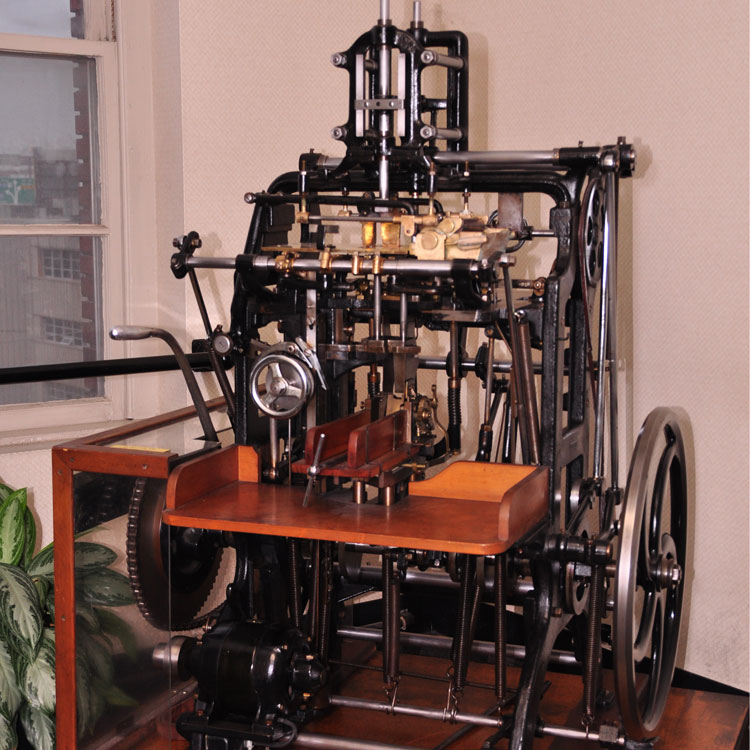By James Dornbrook
The Kansas City Business Journal Online
July 22, 2011
It may be 125 years old, but Kansas City-based Tension Corp. is far from stodgy or stale. Instead, it’s a leader in helping the envelope industry adapt to technological change.
“You have to be an innovator to survive, and Tension is one of the best innovators in our industry,” said Maynard Benjamin, president and CEO of the Envelope Manufacturers Association. “It’s a large, privately owned company, but it’s operated in a very entrepreneurial manner. I think that is the reason for Tension’s success. They are probably leading the industry’s shift into packaging.”
Formerly known as Tension Envelope Corp. , the company rebranded itself on July 13 to better reflect all the new markets the company developed. Tension now has three main subsidiaries that focus on envelope production, international business and packaging and automation.
Bogdan Wos, president of K.C. Envelope Co., said the dramatic change in the envelope industry is evident in the Kansas City area. Three competitors went out of business in the past year, leaving only Tension, K.C. Envelope and Priority Envelope Inc.
“It’s a smaller pie now, but there are less of us after that pie, not only in Kansas City, but nationwide as well,” Wos said. “The weak ones are dropping out. The ones who adapt the best remain.”
Tension still produces 12 billion envelopes annually, making it the third-largest envelope producer in the United States. However, it is adapting to a declining market for mailed envelopes by focusing on producing non-mailed envelopes and offering packaging solutions.
“We have the envelope side, making all different types of shapes and sizes to carry pieces of paper,” Tension COO Bob Broadbear said. “Then we started diversifying into doing packaging envelopes for non-mailables, like CD sleeves, gift card envelopes and things like that. From there, we started calling on order-fulfillment companies and started doing some large envelopes to help their mail-order business. That evolved into working on solutions to help these customers with packaging.”
Basically, instead of trying to beat the Internet’s effect on its business, Tension joined it. The company, which had revenue of $185 million last year, started designing and installing manufacturing equipment that could help fill orders for items that companies such as Land’s End, American Eagle and Kohl’s sold online.
“The system processes your order, puts product into a bag, prints your name and address on a shipping label, places the label on the outside of the bag, sorts all the orders and sends them on their way to the mail,” said Ken Myers, director of packaging and automation at Tension. “We started doing items like herbs and vitamins and selling packaging machines. About five years ago, we moved from there into mail-order prescriptions.”
Tension formed an exclusive partnership with Mission-based ScriptPro, providing the company’s pill-counting robots to mail-order prescription providers.
Just designing solutions and selling equipment wasn’t enough, though. Tension officials also wanted to manufacture products. So in January, it acquired packaging equipment manufacturer Maverick Enterprises Inc. of Longmont, Colo., for an undisclosed amount.
“We’re moving in a new direction now,” Myers said. “We’re staffing up to have our own engineers, software designers and such. Maverick helped us there and gave us a production facility where we can manufacture automated fulfillment equipment.”
Eric Roberson, warehouse manager for California-based women’s athletic apparel provider Title Nine, said Tension’s equipment increased production and reduced costs dramatically.
“The new bagger we bought from them helped our productivity tremendously,” Roberson said. “We were doing about 40 packages an hour, hand-packed. Now, we’re doing about 300 packages an hour. We were able to reduce staffing in certain areas and save about $100,000 a year, which is huge for a small company like ours.”




